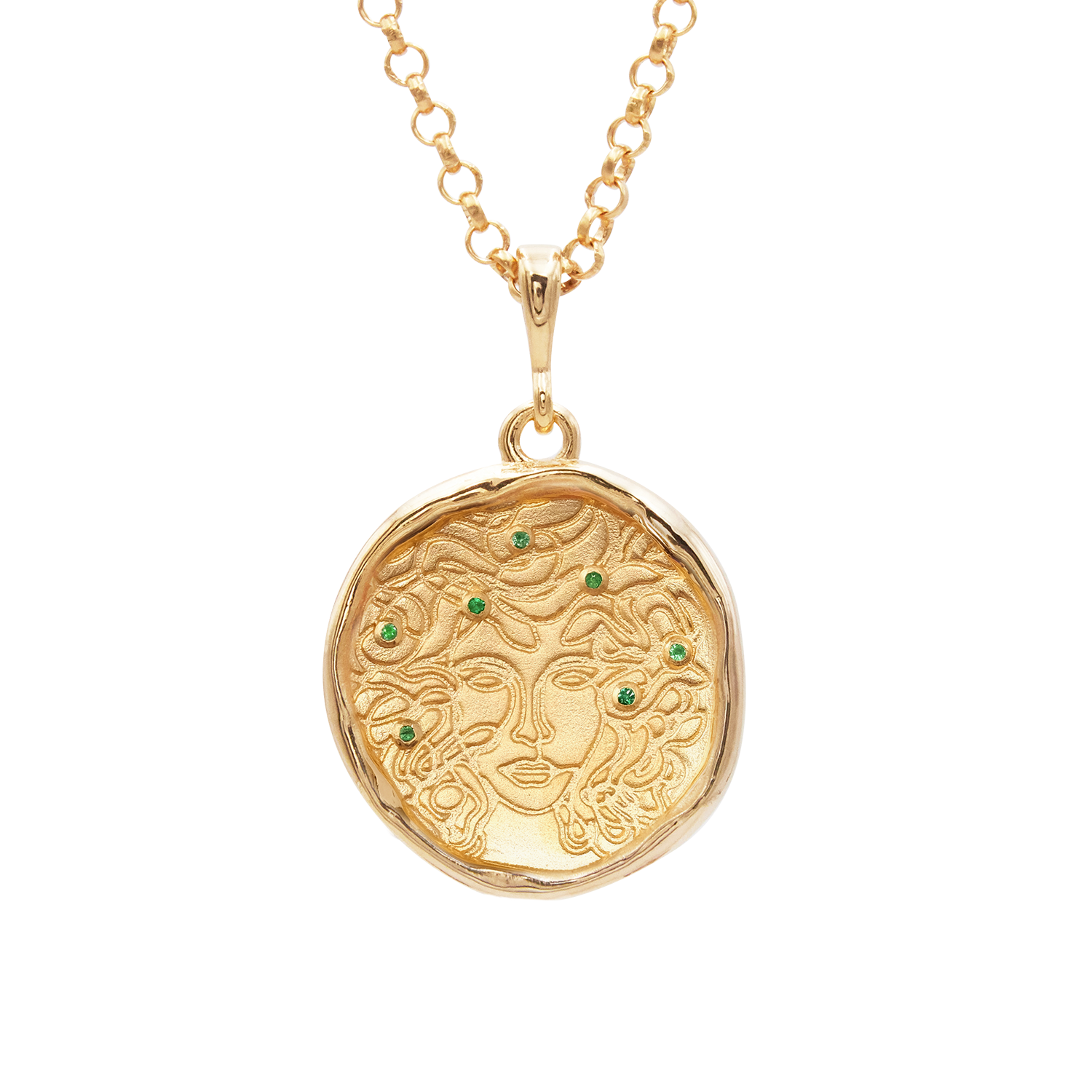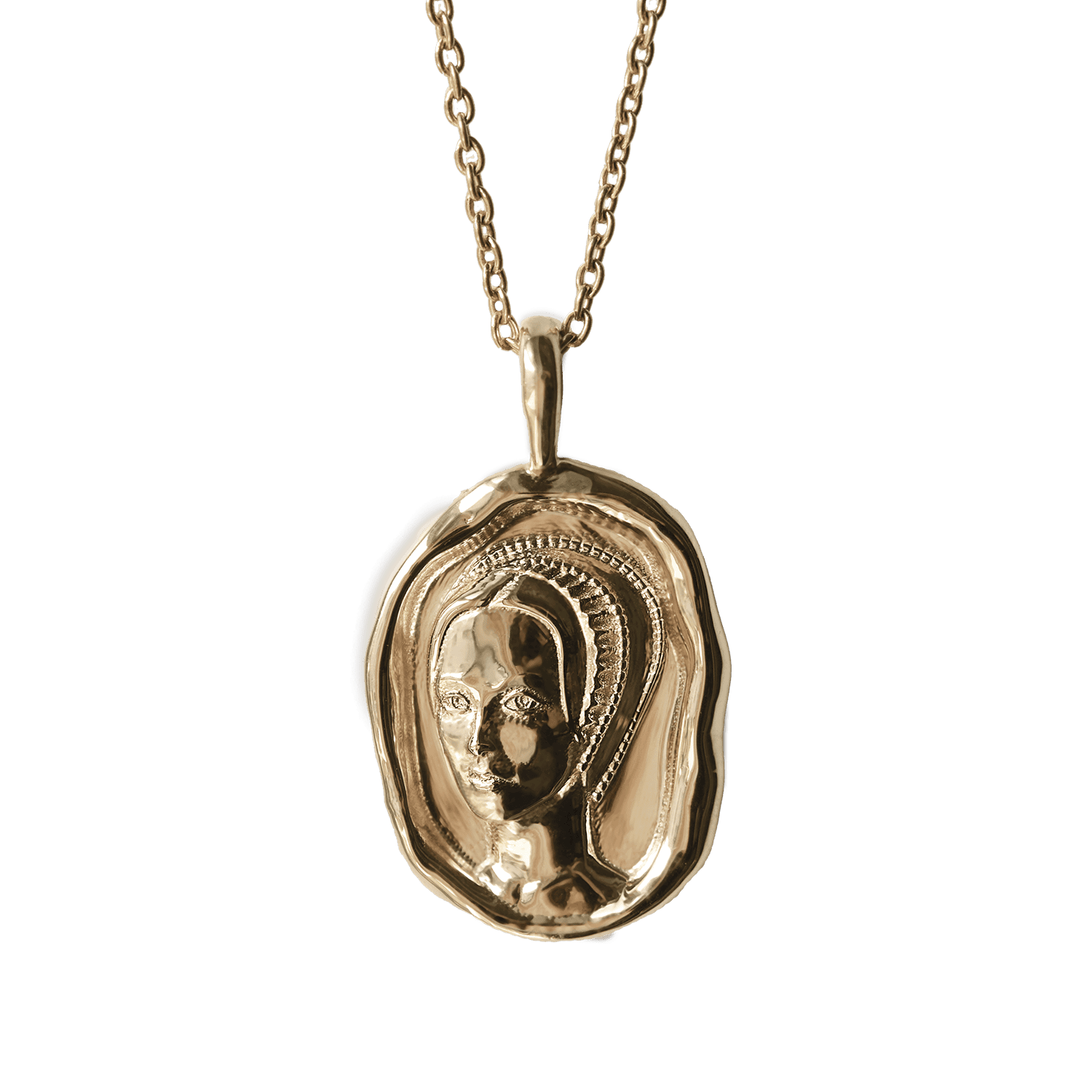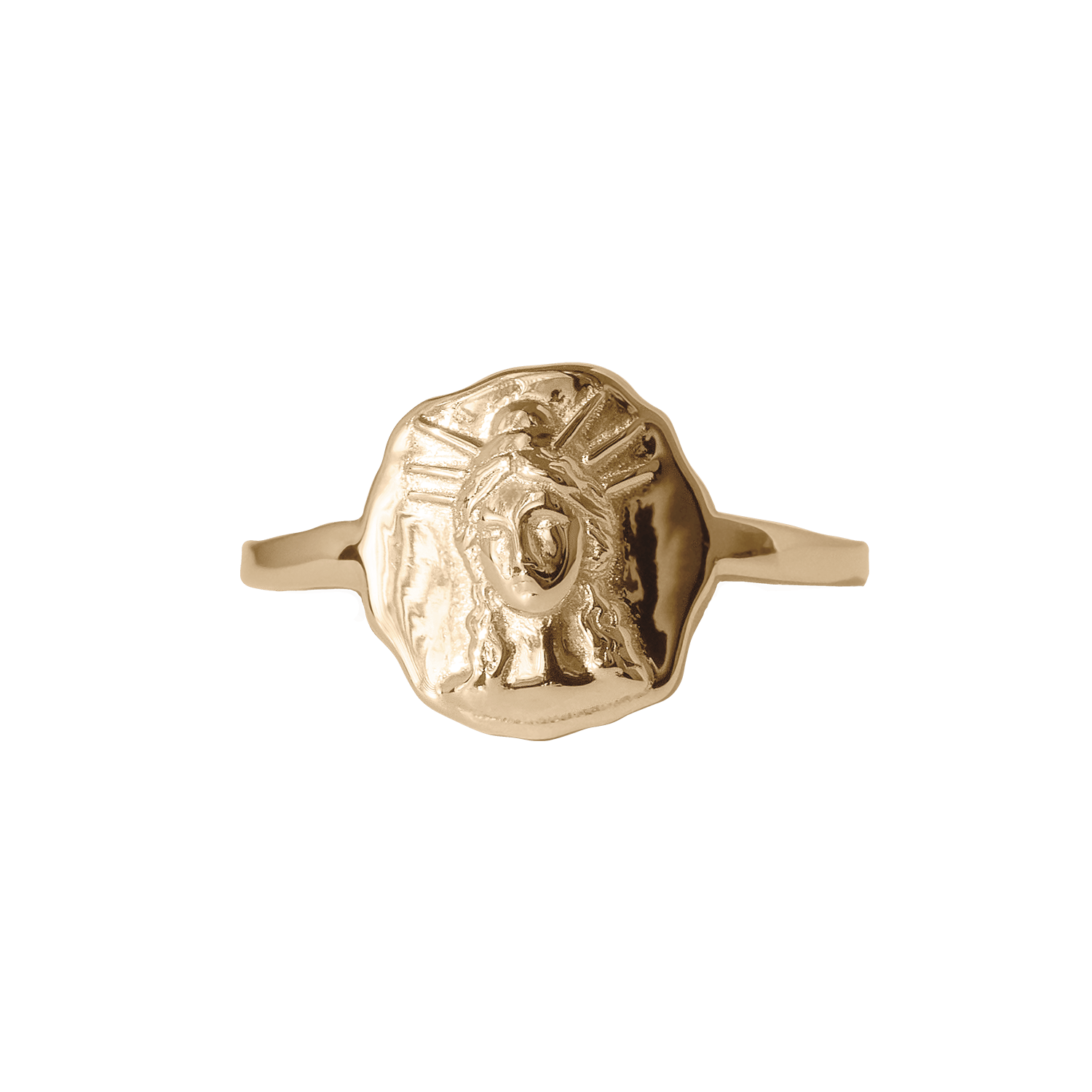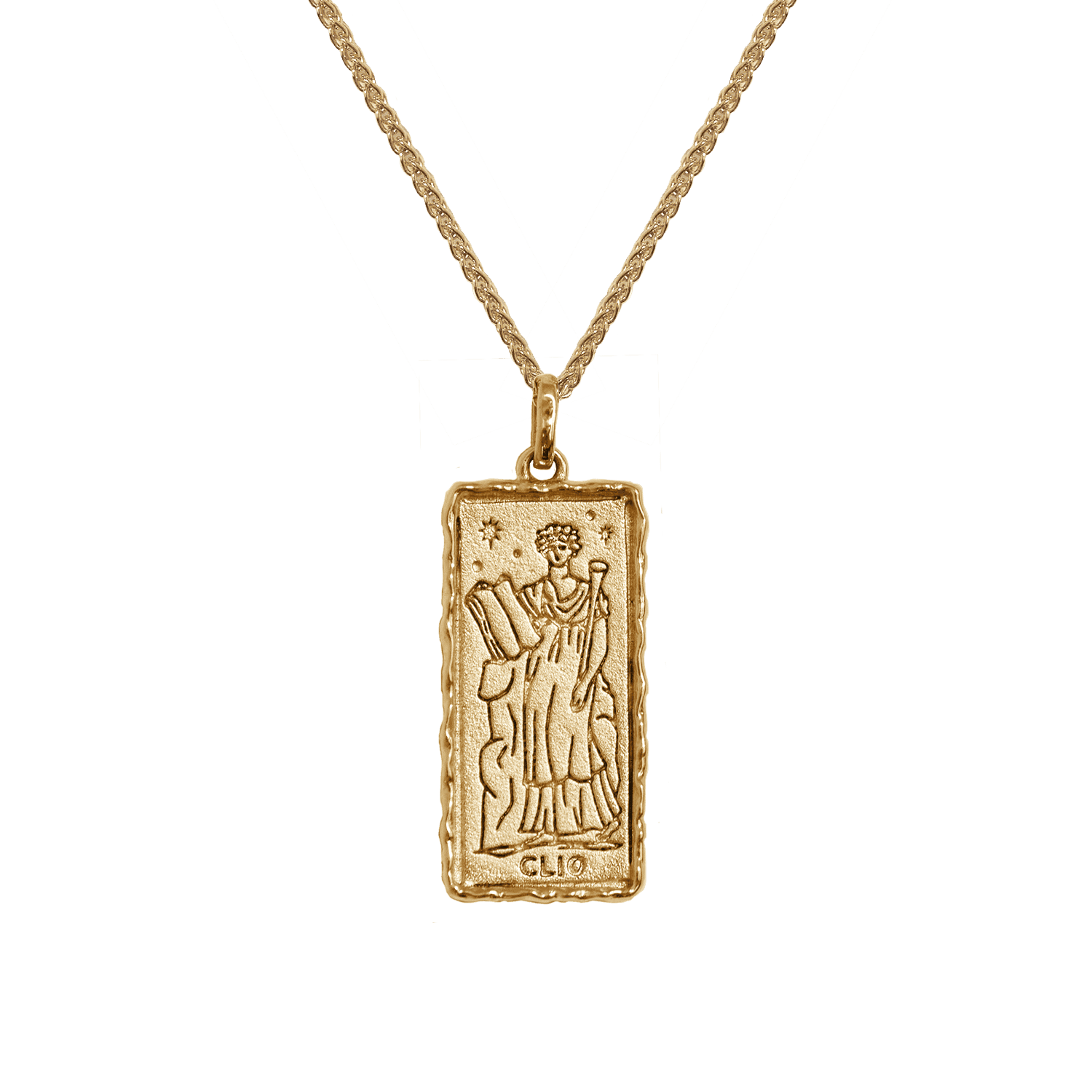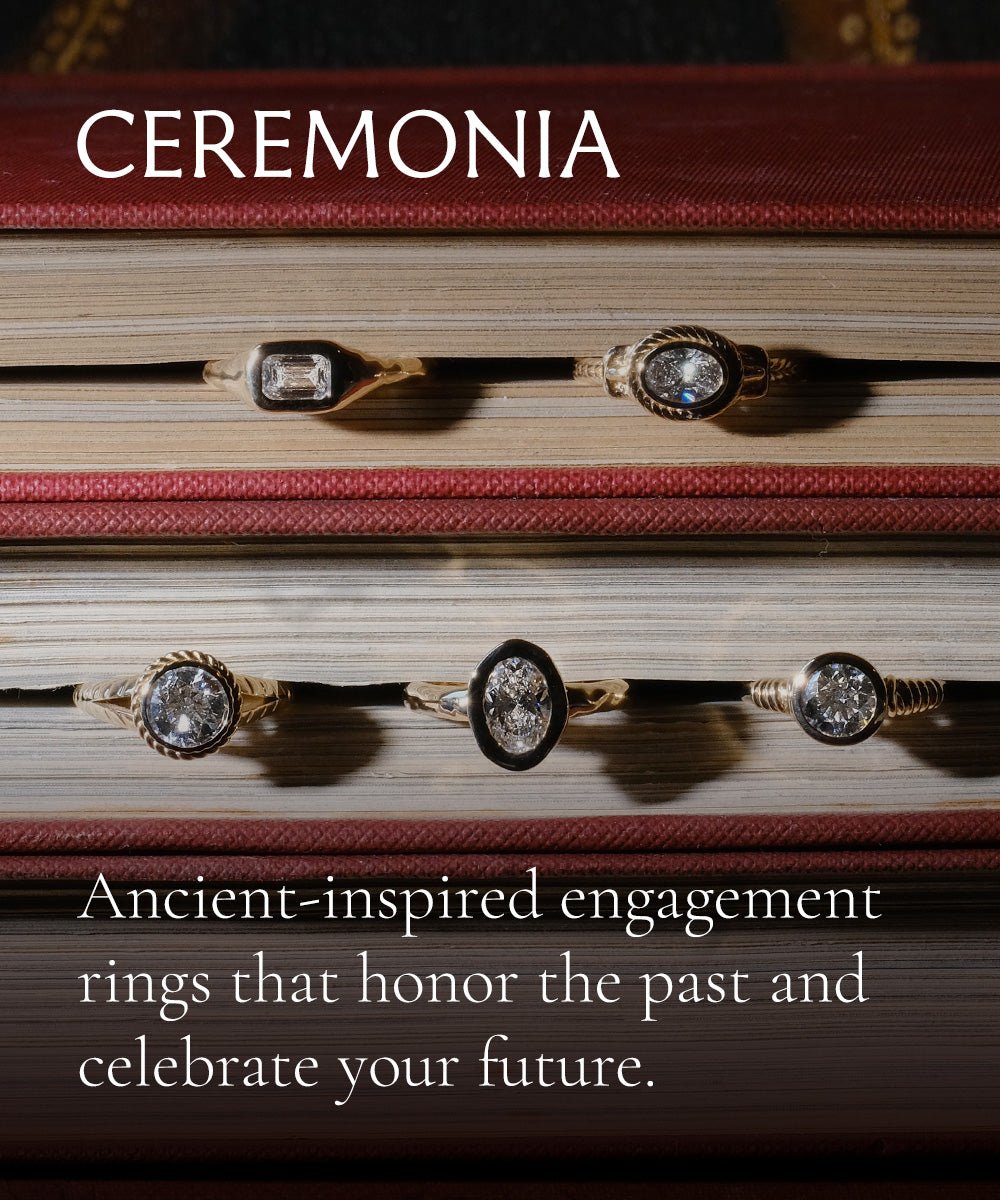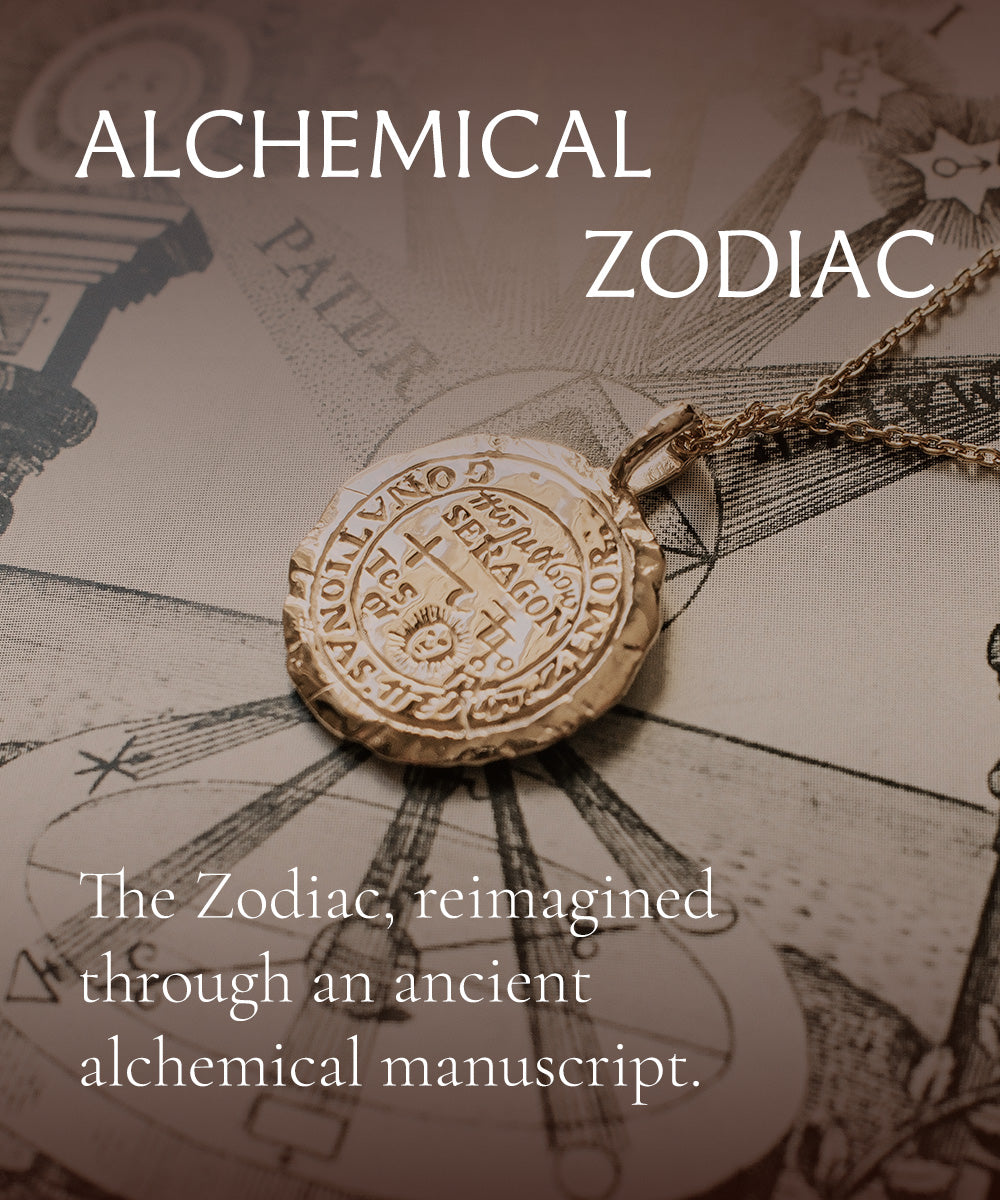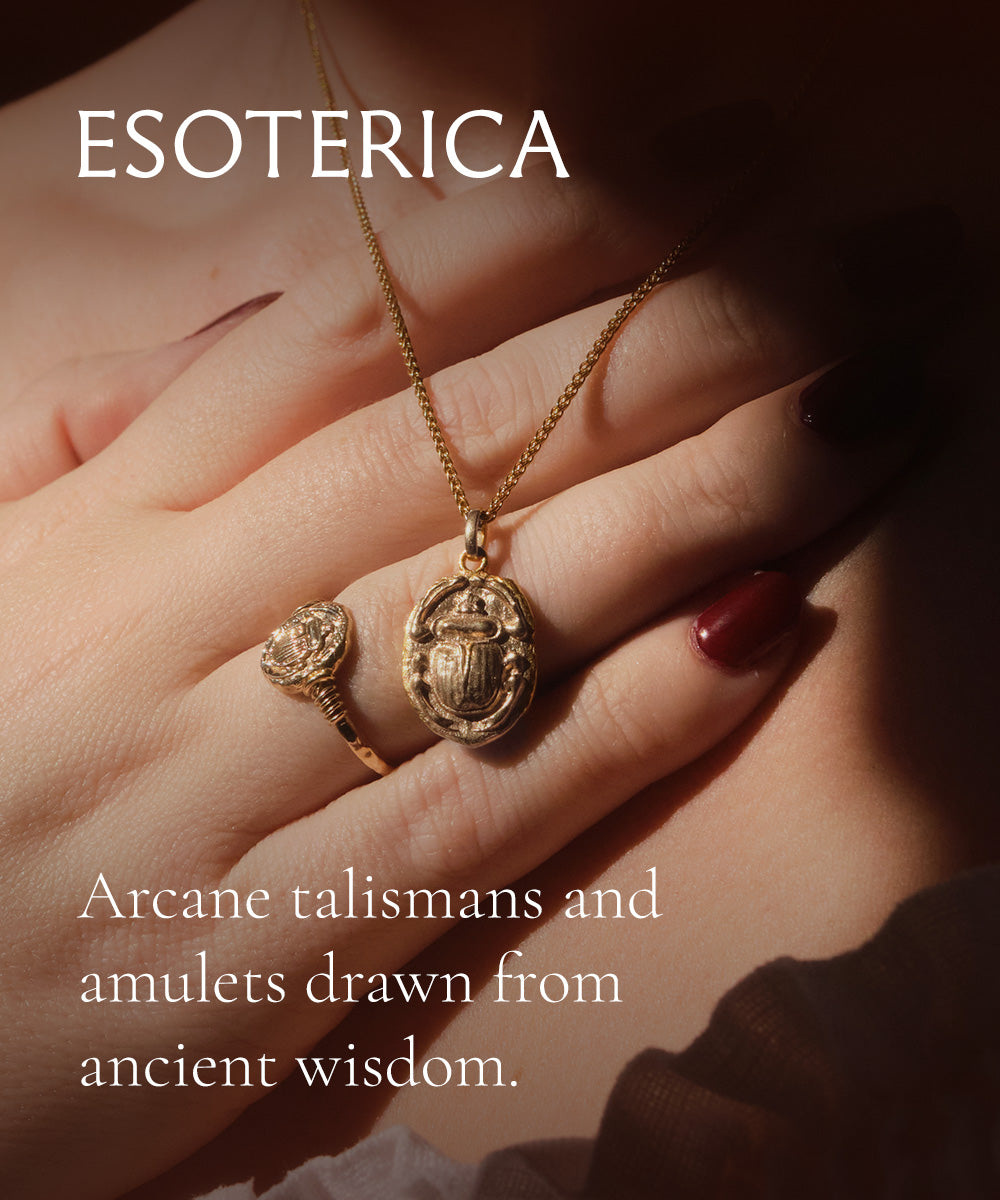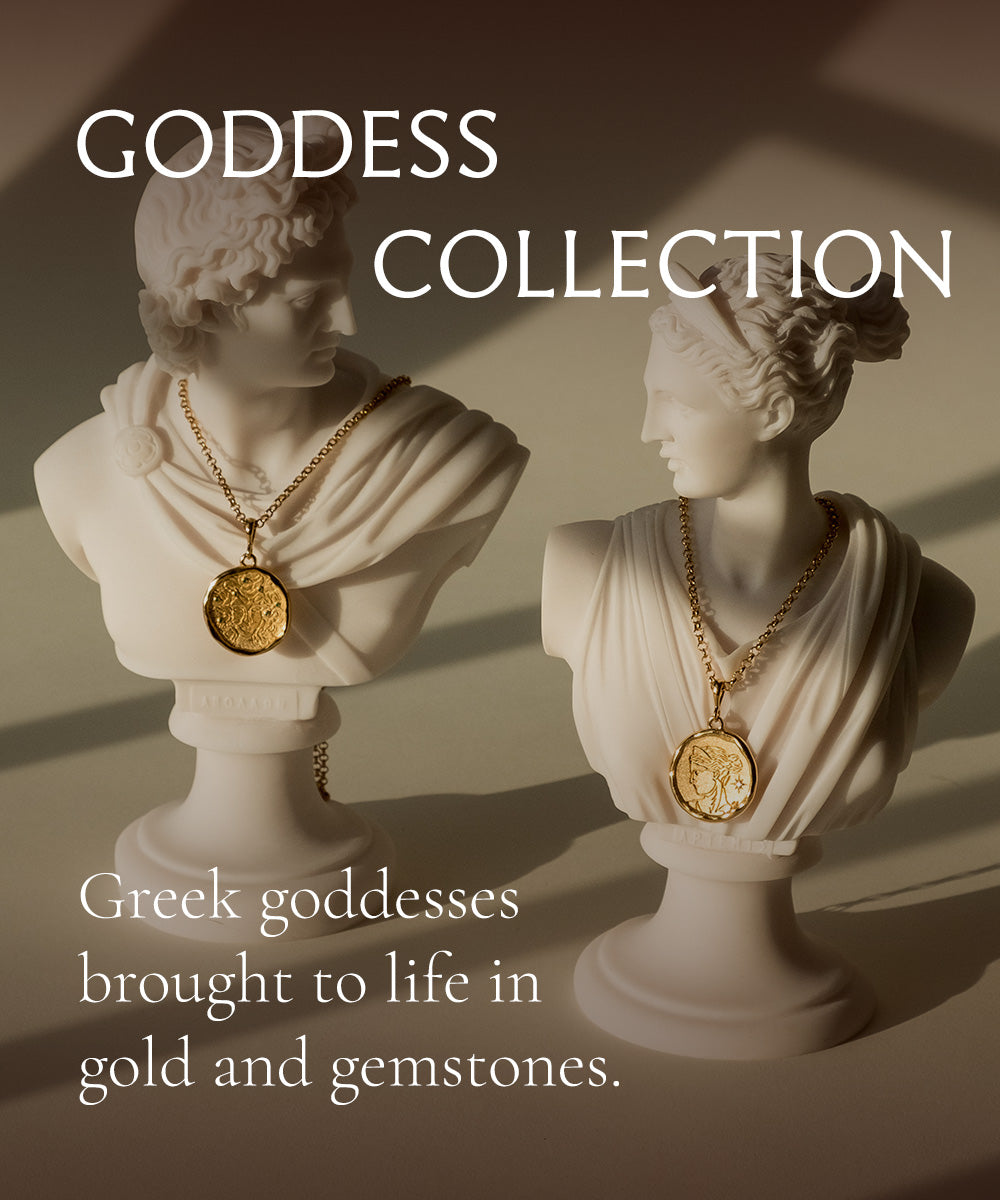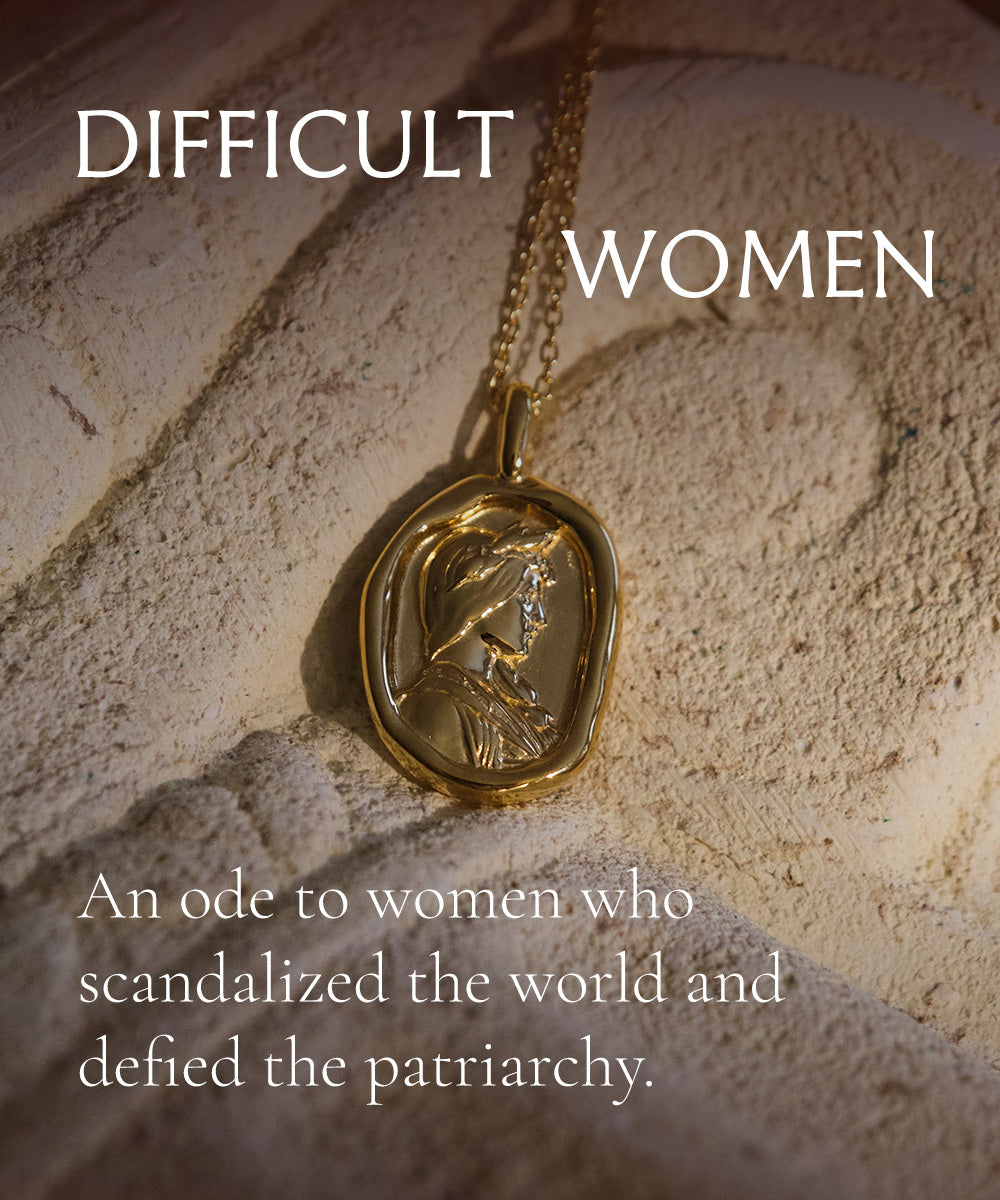“...being virtuous is more than having a particular habit of acting, e.g. generosity. Rather, it means having a fundamental set of related virtues that enable a person to live and act morally well."
James F Keenan, Proposing Cardinal Virtues, Theological Studies, 1995
Hello my muses! If you have been following our history for the last two and a half years, you may know me as your Poet-in-Residence, Sara Long. This journal that I lovingly contribute to is a moodboard in written form, a collection of ideas, thoughts, musings, rumination and inspiration, detail and delight of a far-wandering, somewhat mercurial, often imperfect but reasonably literate mind.
In order to make my way through the labyrinthine depths of the inner self and connect meaningfully with the other, I base my decisions on a system of ethics that I strive, not always successfully, to guide my decisions and actions. The simplest way of understanding this very basic, pared down Virtue Ethic of mine is this: to possess and live by the four cardinal and three princely virtues, those being fortitude, temperance, justice, and prudence, then compassion, liberality, and trustworthiness, respectively.
This ethic is flawed, of course, in that each virtue is somewhat evolving in nature and a little different for everyone. But the core idea is good and true and known inherently to most. It boils down to a love of humanity and dedication to growth, which requires a knowledge of the current self, an idea of the sort of person one ought to become, and a sense of how to get there (this, in particular, is best done by considering the acts done by virtuous people, whose actions and thoughts behind them serve as models).
This idea was, much more intelligently and thoughtfully, brought to me in tandem by Suetonius and a beloved and esteemed classics professor, one Dr. Miller Krause of Western Washington University. In Catharine Edwards’s translation of Lives of the Caesars, an exploration of the virtues & vices of the first twelve Julio-Claudian dynasty emperors, one can uncover each of these seven virtues or vices in the lives and rules of these powerful men. Anecdotes about and decisions made by each of these emperors highlight their qualities, virtuous or otherwise.
Beyond a fascination with the biography, this way of understanding a person’s morality through their actions had the most profound effect on how I viewed myself, in my own way of being and my understanding of the other. Within each of these virtues is a shining beacon that leads me to attempt a self that is more sophisticated, earnest, tender, understanding, fulfilled, full of grace and better able to connect with others. Though I am far off from all of these things, as I am only human, I find that studying those who live virtuous lives helps clear the fog of misunderstanding. These role models are consistent reminders of the kind of person I know I ought to be. It is also helpful that this idea is best applied not to any individual action, but to the style of a person as a whole.
“... the style of one's existence – the characteristic mode of one's actions – is basically, ultimately what matters. For if man defines himself by doing, then style is doubly definitive because style describes the doing … It is style that gives content the capacity to absorb us, to move us; it is style that makes us care." -Tom Robbins, Another Roadside Attraction
Curiously, as though we have been guided by the same divine inspiration that led Suetonious in his art (though his patron may have been Hadrian, there is no doubt the ancient biographer’s lips were touched by the honey of Calliope), the Ancient Heirloom Rings fashioned with those jewels that adorned the hands of empresses all bear stones that represent the four cardinal virtues. Each one is a reminder, an enhancement, a celebration of the traits that are most regarded and beloved, of a life virtuously led.
Fortitude (strength) - Garnet
The blood red hue of the garnet scintillates with the fire of strength, commitment and tenacity. Like the furious beating of a burning heart, this stone is brimming with the power of will that draws one up and forward, through hardships with vigor and determination. This lifeforce captured under the stone’s surface makes it a talisman that brings constancy and resolution to that inner fire.
Temperance - Amethyst
Many of you who have made your way to this journal are well aware of the story of Amethyst, the innocent, Artemisian priestess who incurred the wrath of intemperate Bacchus. After her metamorphosis into a clear, potent stone, the sorrowful god recognized his vice and poured out his divine wine, turning Amethyst the loveliest purple color and imbuing her with the virtue he lacked. Amethysts sit on goblets and rings to ward off drunkenness and debauchery.
Justice - Peridot
Once only found on a single, remote island, Peridot is rare, coveted, and like no other gem. To keep this precious, coveted gemstone from disappearing from the earth, it was forbidden to even live on that island in the Red Sea. This describes the essence of justice: to preserve that which is good and beautiful, to avoid destruction and devastation, by means of abiding by a sense of rightness and fairness, even if it is not the most pleasurable or exciting thing.
Prudence (wisdom) - Moonstone
Moonstone is multi-faceted and full of dreamy color, turned this way and that in soft light. From every angle, a new discovery, a new perspective, a secret revealed. In this sense, the moonstone is truly the gemstone representative of wisdom, or the ability to maintain an open, unprejudiced mind that desires the acquisition of new knowledge so that it may bend to better align with uncovered truths. Not only does this gem capture the essence of the logical wisdom of the mind, but the inherent wisdom of intuition, as wearing a moonstone on a moonless night is to heighten prophetic gifts, to even divine the future.
I would add that there is no perfect definition of virtue that is widely applicable, but perfection is impossible as it is – one only needs to attempt to live a virtuous life, to be guided by consistent and strong standards, to be a good person. I, personally, am not the decider of who is good and who is not, for anyone but myself, as only I know my true heart. This caveat can be as heartening or as frightening as you wish.
